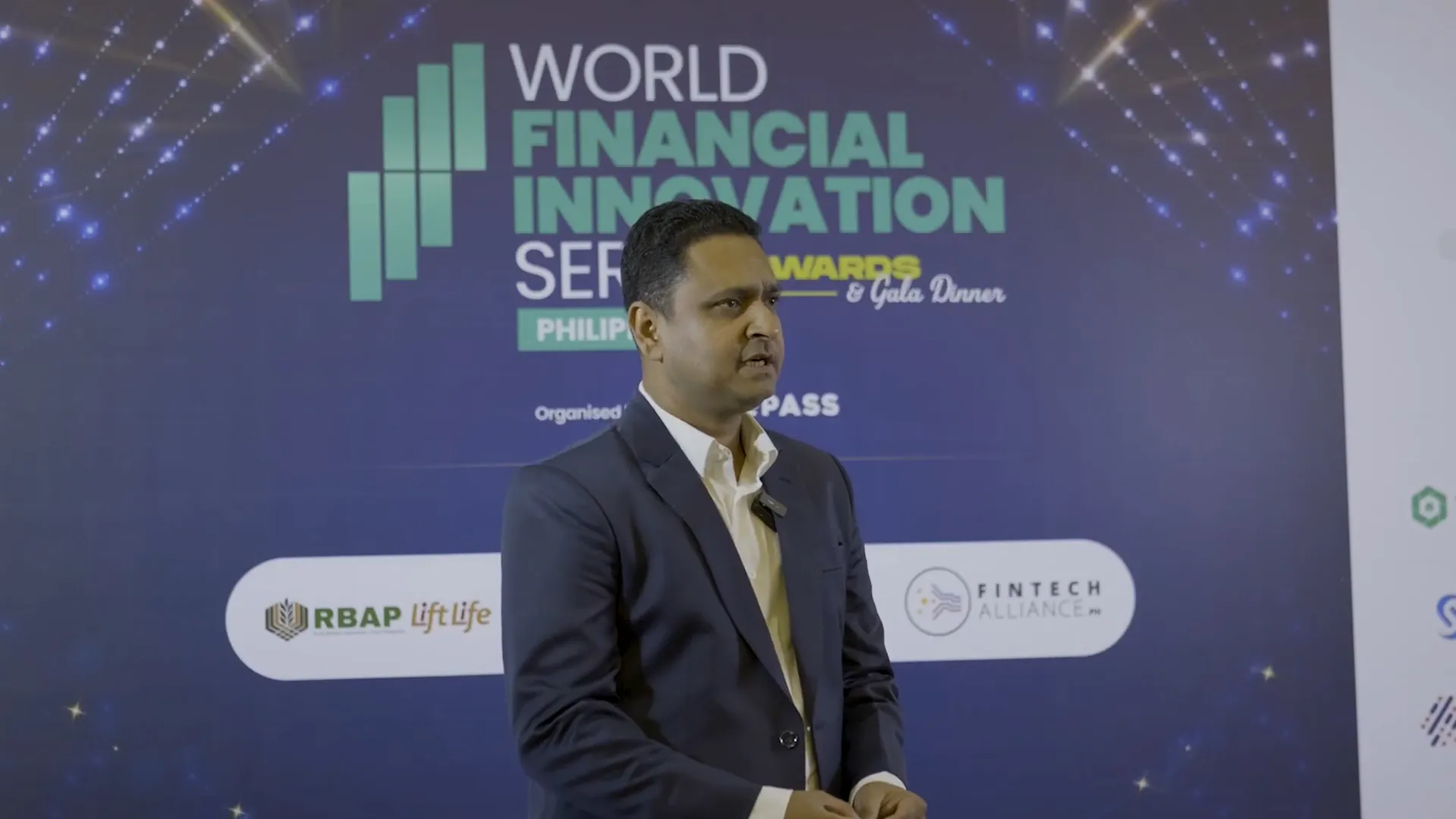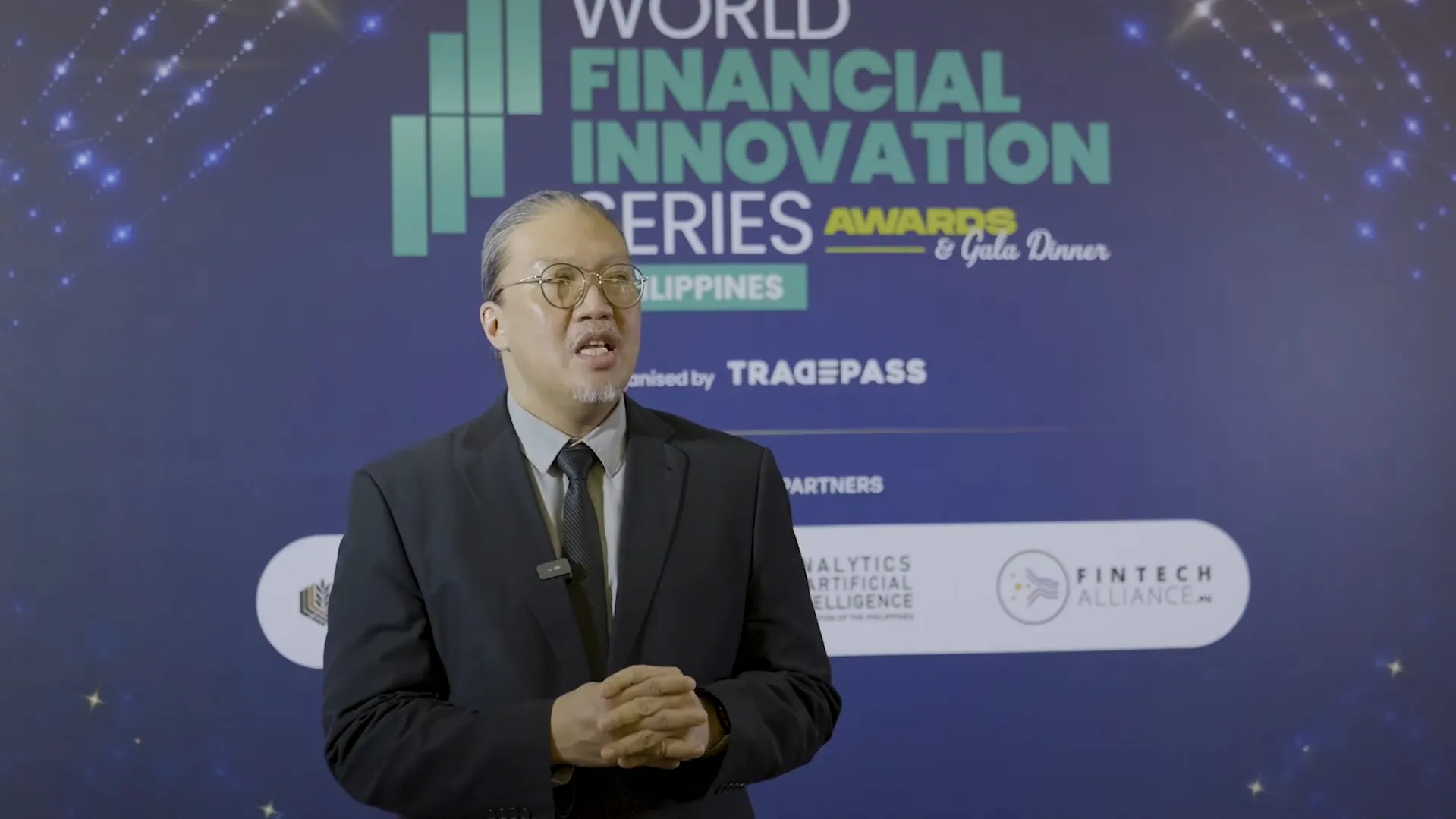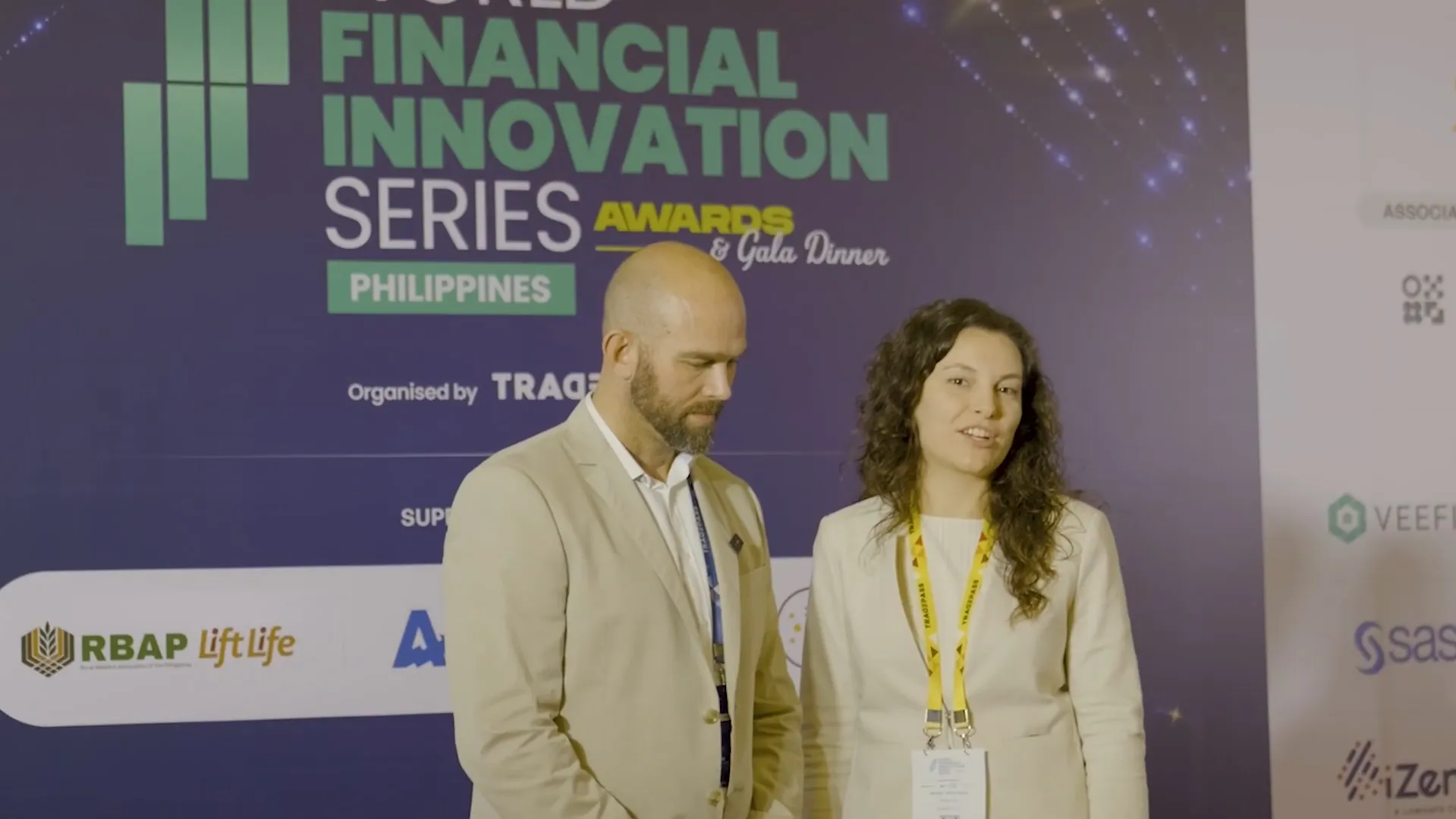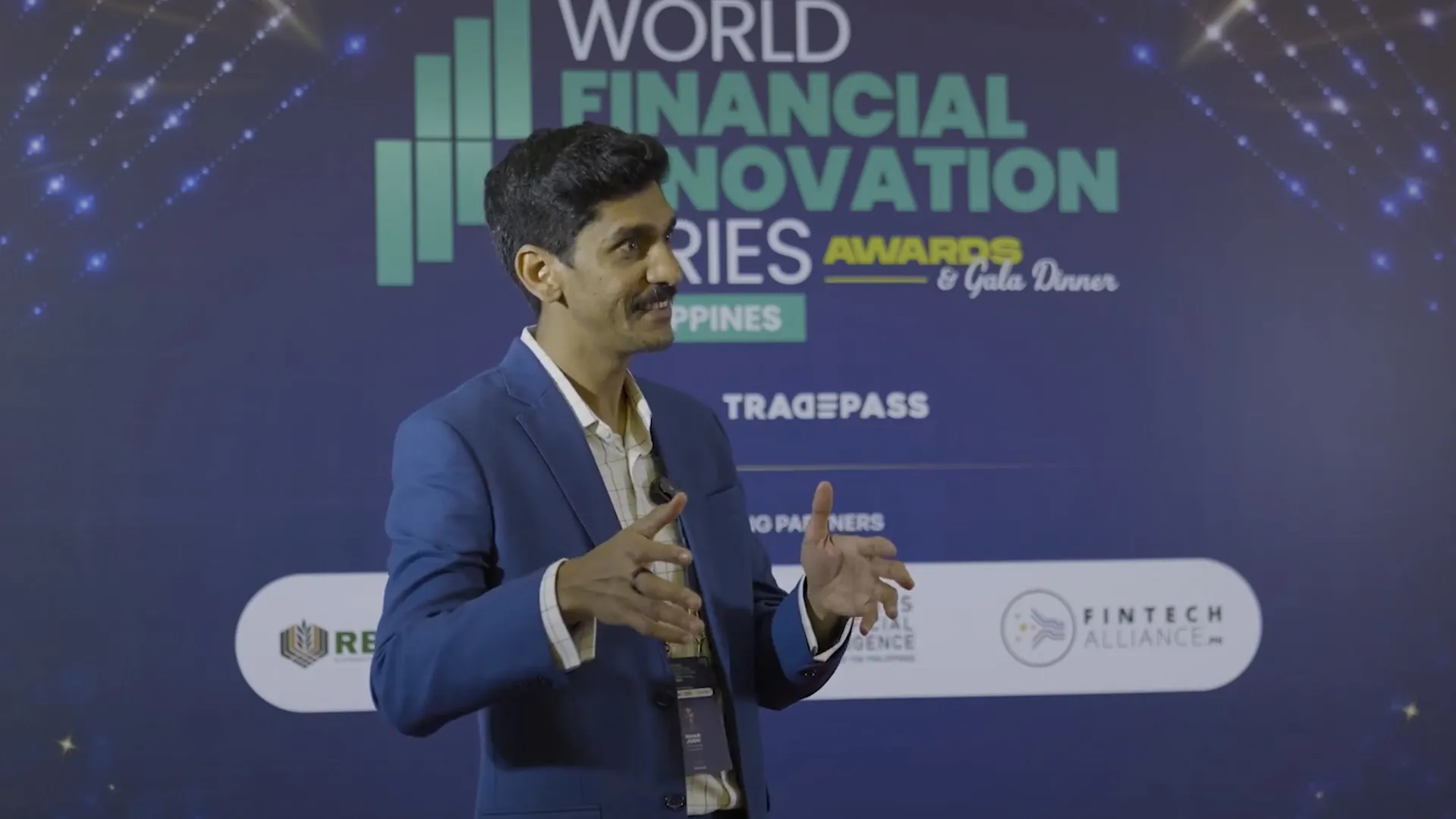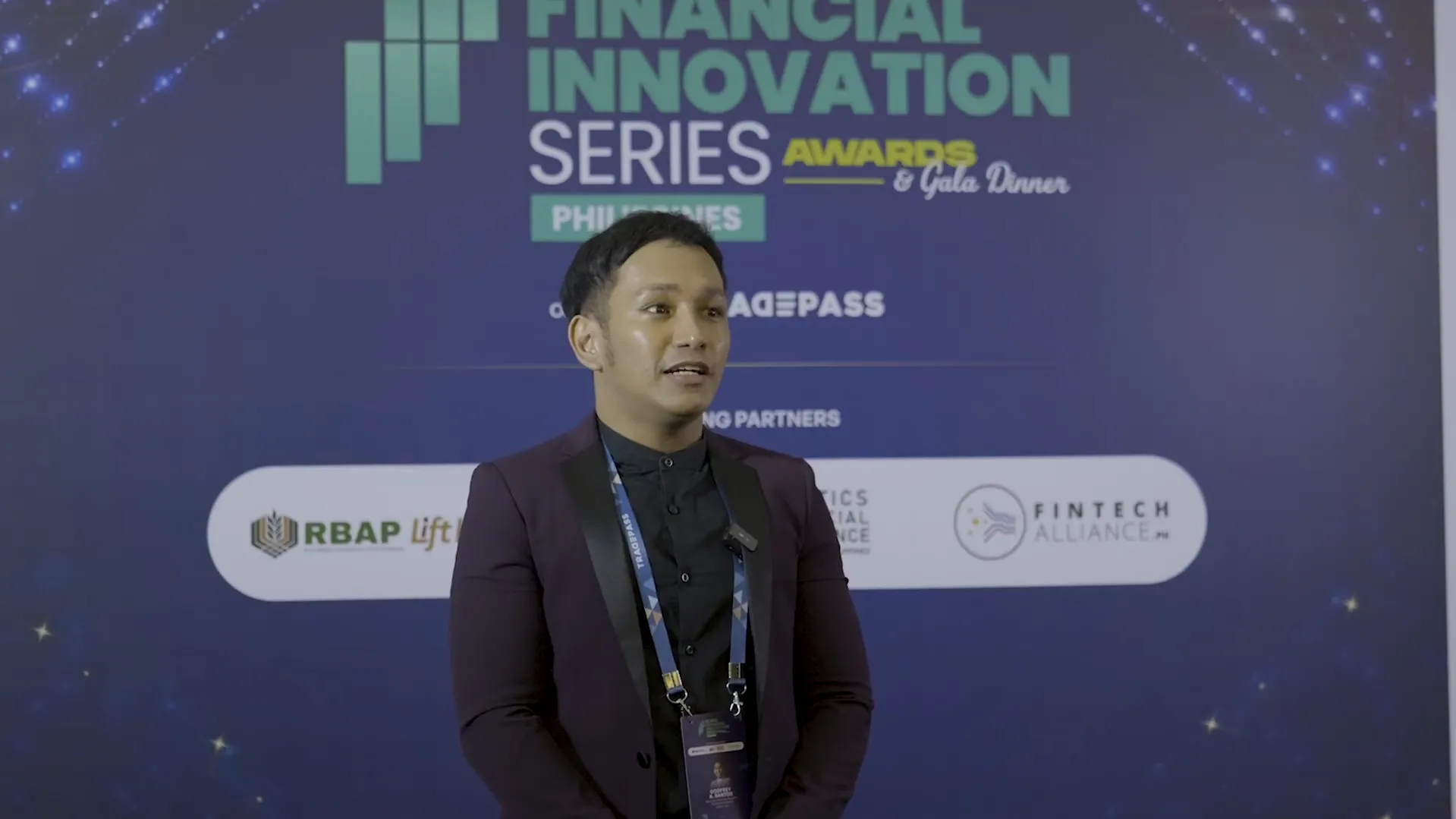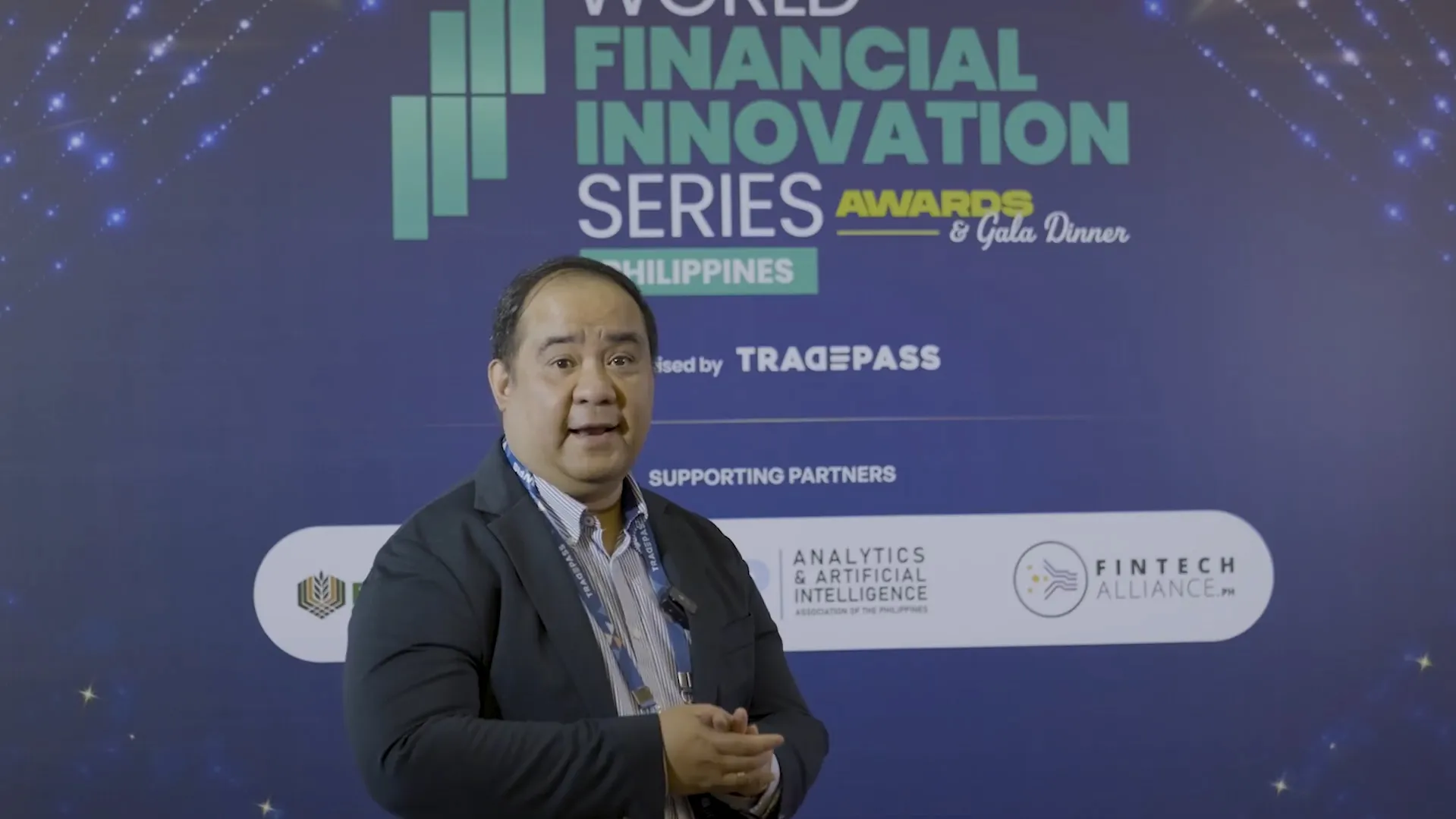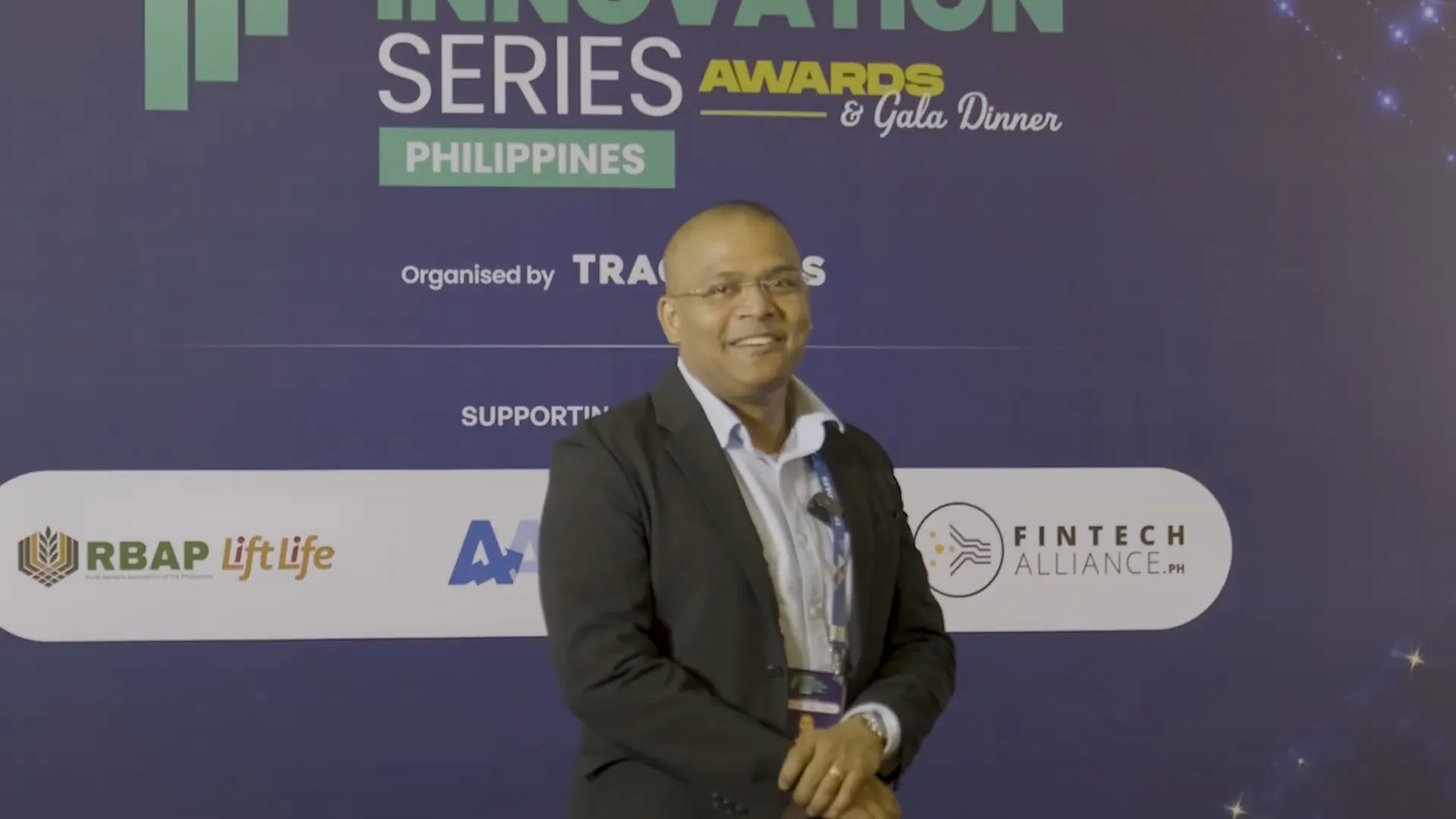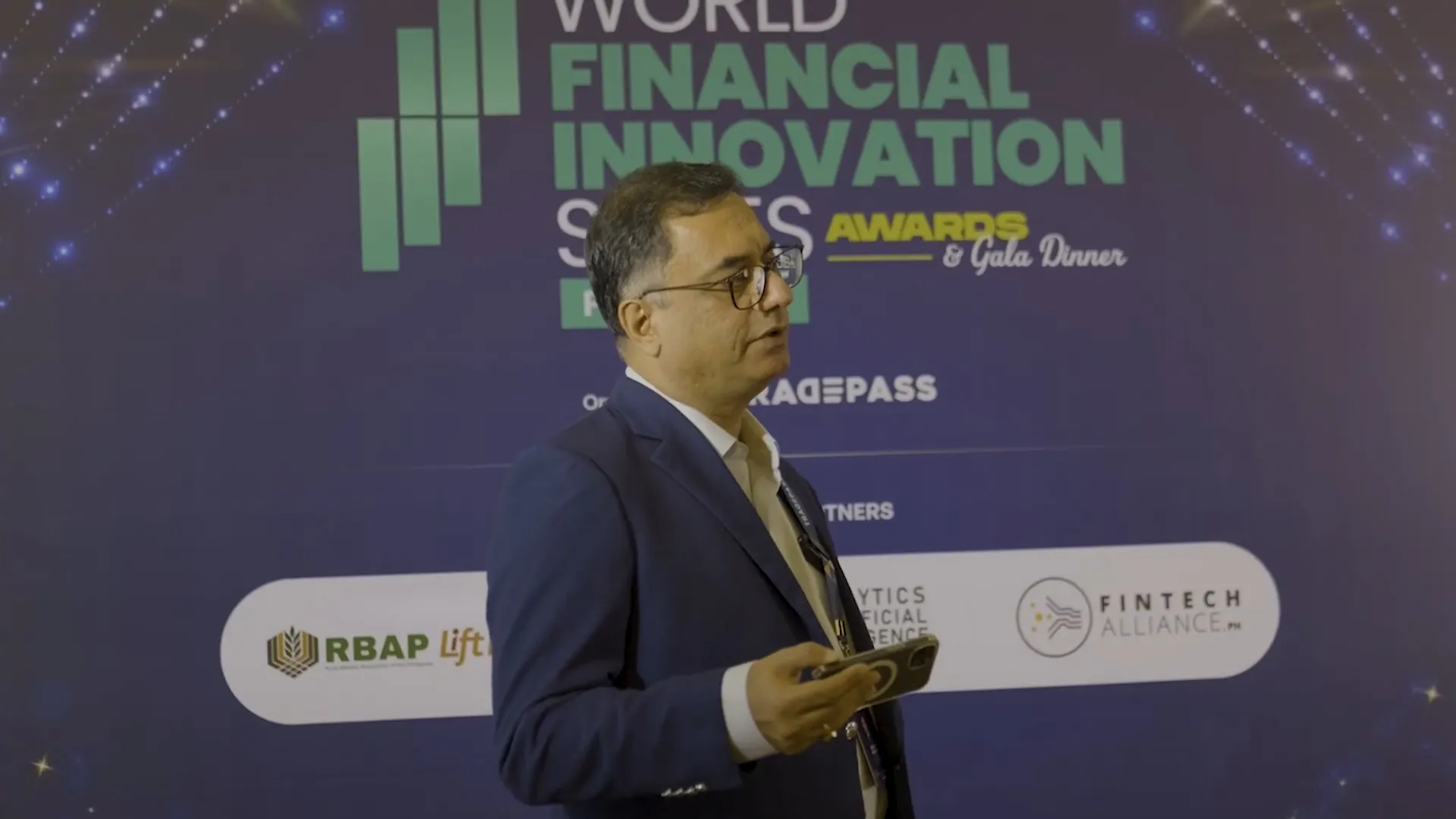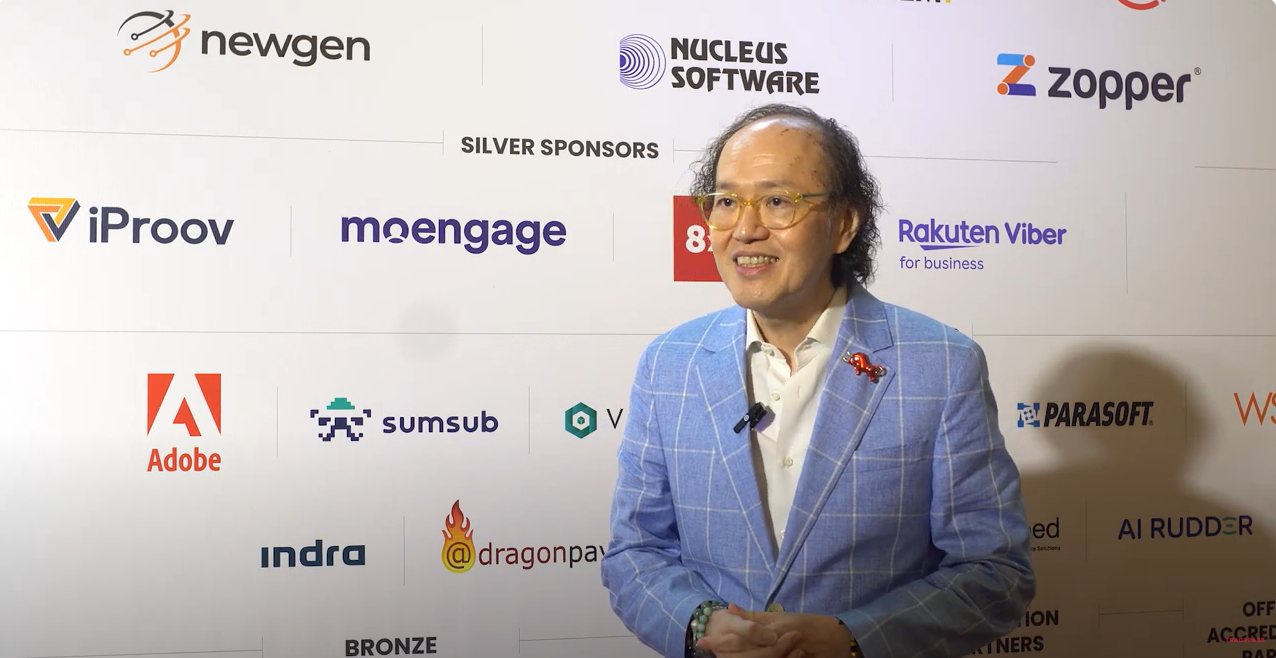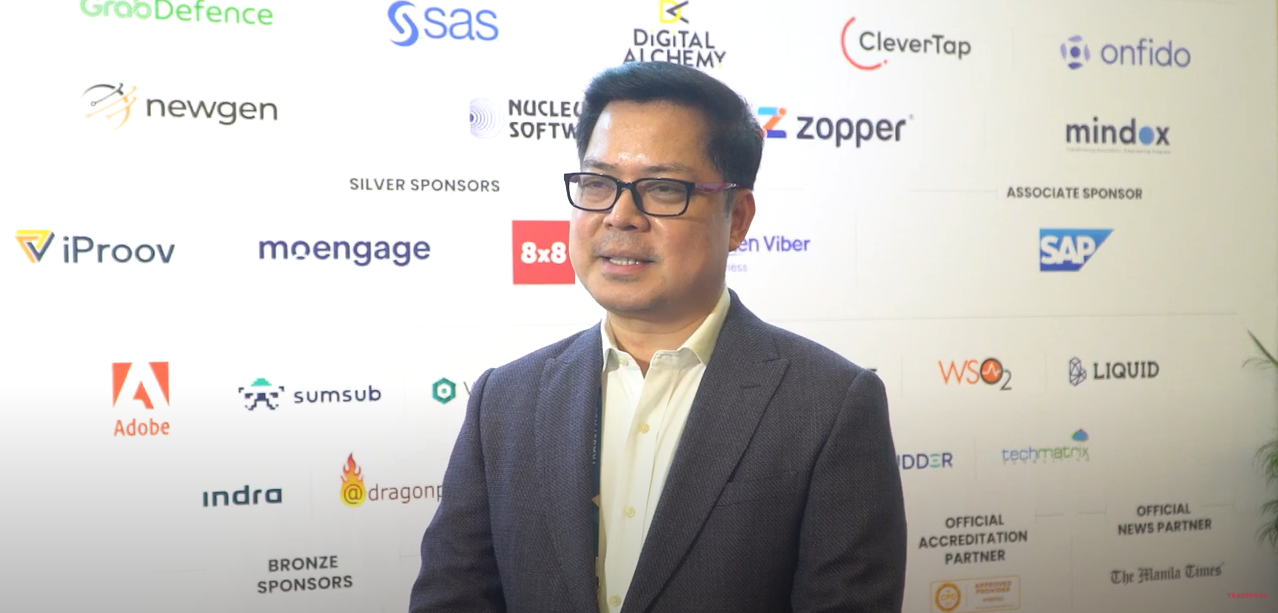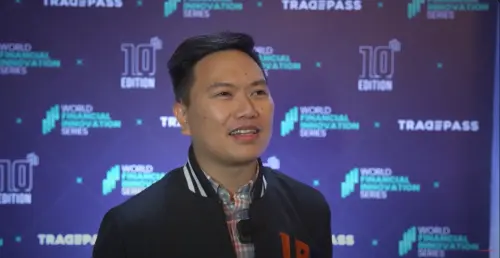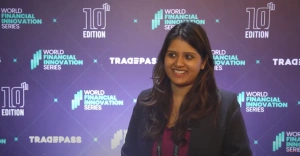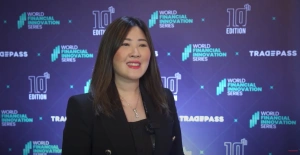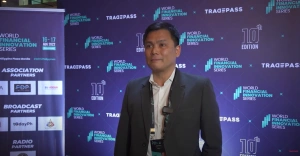SPONSOR ENQUIRY
DELEGATE ENQUIRY
Who Are the Key Fintech Innovators Reshaping the Financial Landscape in 2025?
The use of technology in financial services is reshaping the finance industry with businesses and opportunities. IT innovations are impacting the industry promoting efficiency and enhancing customer experience. Today, financial institutions are automating their operations, activities and processes with AI (Artificial Intelligence) and ML (Machine Learning). These technologies are also enabling businesses to make data driven decisions.
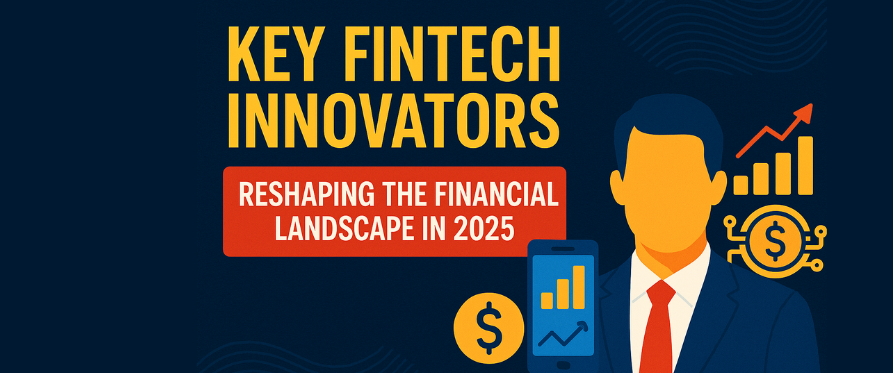
The global finance services are aligning with these changes where banking industry leaders and BFSI leads are not just adapting to technologies but also creating solutions with the fintech innovators to meet the rapidly changing market demands.
What Defines a Fintech Innovator in 2025?
Fintech innovators in 2025 are defined by their ability to introduce scalable, secure, and regulation-ready solutions that directly address industry bottlenecks. These are not just startups or technology providers—they are problem solvers collaborating closely with the financial services sector and addressing the sector’s most pressing concerns, prevailing challenges and providing future roadmaps.
Key characteristics of fintech innovators include:
- Rapid deployment of AI for credit scoring, fraud prevention, and investment advisory
- Development of blockchain-based payment and identity solutions
- Seamless integration into existing banking infrastructure via APIs
- Regulatory compliance embedded into core functionalities
- Real-time data processing for instant decision-making
Such capabilities have positioned fintech innovators at the forefront of industry-wide digital transition, helping the FSI community manage risk, reduce cost, and optimize customer value.
Global Fintech Trends to Watch
As fintech continues to expand, a few global trends are shaping how financial services are delivered and consumed.
Decentralized finance (DeFi) and blockchain
- Use of smart contracts to automate lending, insurance, and settlements
- Tokenized assets enabling fractional ownership and investment
- Increased focus on regulatory-compliant blockchain protocols
AI and machine learning in finance
- Predictive analytics applied to customer behavior and credit risks
- Chatbots and virtual assistants reducing response time and support costs
- Machine learning models improving fraud detection accuracy
Open banking and API ecosystems
- Greater connectivity between financial institutions and third-party providers
- APIs allowing plug-and-play integration of services like payments, KYC, and lending
- Competitive service delivery through ecosystem collaboration
Focus on digital customer experience
- Self-service platforms with 24/7 functionality
- Real-time updates on transactions and application status
- Customized offers based on customer history and interaction data
Role of the FSI Community in Driving Innovation
The FSI community, including regulators, banking industry leaders, insurers, and asset managers, plays a vital role in supporting innovation. Fintech innovators succeed only when there is regulatory clarity, collaboration, and institutional support.
Key contributions of the FSI community:
- Adoption of sandbox environments for controlled testing of fintech solutions
- Partnerships with fintech companies for joint product development
- Participation in finance events to assess, pilot, or invest in fintech tools
- Feedback loops to improve compliance features in emerging technologies
The alignment between BFSI leads and fintech innovators has created a more agile environment where ideas can be tested, scaled, and brought to market efficiently.
Fintech Innovators at the World Financial Innovation Series (WFIS) – Philippines
The WFIS – Philippines is a significant platform for showcasing fintech innovation tailored to Southeast Asia’s financial priorities. The event is scheduled to host:
- 600+ qualified BFSI professionals
- 30+ solution providers offering fintech applications
- 40+ speakers including regional banking industry leaders
Key focus areas at the event include:
- Strengthening Financial Regulator Credibility: Lessons from Emerging Markets
- Cloud-Native Architectures: Building Scalable and Agile Financial Platforms
The Power of Data in Financial Services: Harnessing Big Data for Competitive Advantage
- AI and Financial Decision-Making: From Automation to Intuition
- Digital Identity: Enabling Secure and Seamless Financial Transactions
By facilitating direct dialogue between fintech innovators and the FSI community, WFIS enables stakeholders to align product capabilities with operational needs and compliance standards.
Collaborations Between Fintechs and Traditional Banks
The partnerships between traditional financial institutions and fintech firms are growing more strategic and long-term. These collaborations are no longer limited to outsourcing or procurement—they involve co-building digital infrastructure that aligns with core banking objectives.
Collaborative efforts:
- Joint development of embedded finance features in mobile apps
- Integration of digital lending platforms into core banking systems
- Shared cybersecurity infrastructure for faster threat detection
- Co-branded services like e-wallets or digital cards targeting new customer segments
Such collaborations help banks maintain competitiveness while fintech innovators gain scale and compliance support. These relationships are central to the future structure of the financial services industry.
Conclusion
The finance sector in 2025 is being shaped by a new class of fintech innovators who are not just delivering products but transforming service delivery models, compliance readiness, and business performance. These innovators are building faster, more connected, and regulation-aware systems that meet the operational needs of banks, insurers, and non-banking financial companies.
Through platforms like the World Financial Innovation Series – Philippines, the FSI community gets direct access to these forward-looking solutions and the people behind them. The event exemplifies how collaboration, not competition, is driving the future of finance. With fintech innovators and banking industry leaders sharing the same stage, it becomes clear that innovation is no longer a side project, it is a shared objective powering the next phase of financial transformation.
Related Posts

